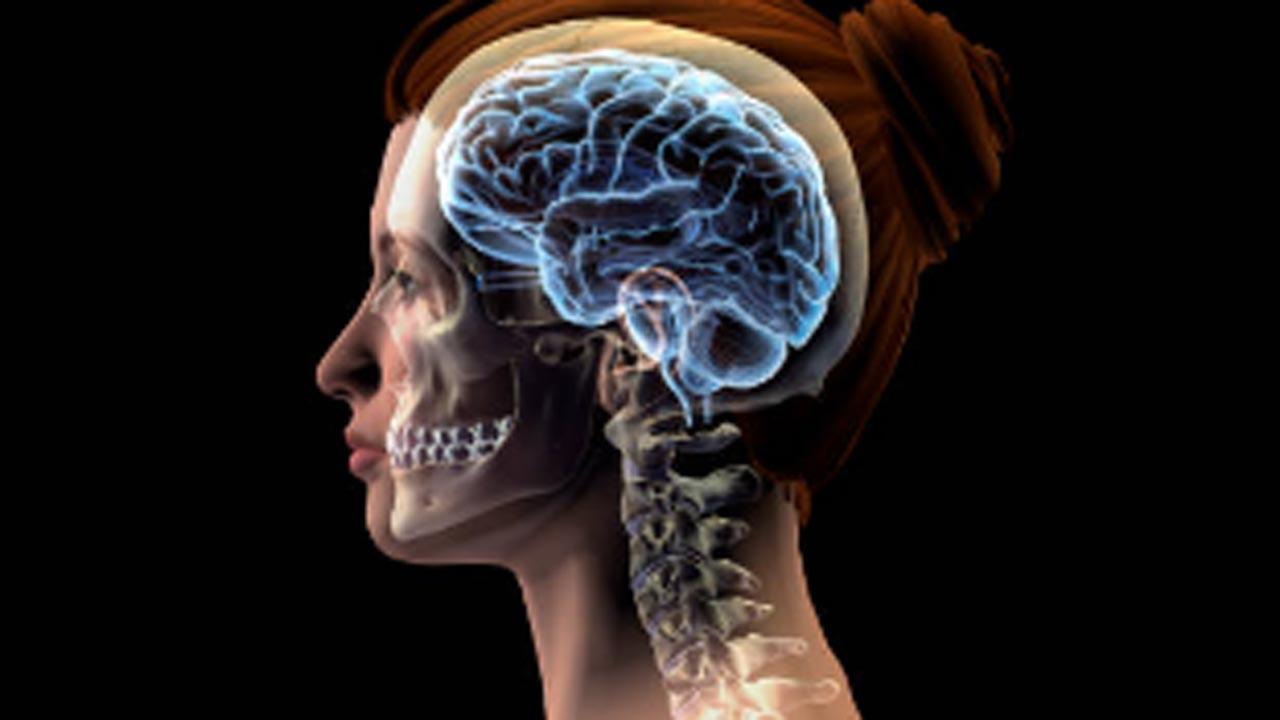The areas of the brain affected were those particularly associated with stress and emotions, and that are also affected in stress-related disorders such as depression and post-traumatic stress disorder, the study found

Image for representational purposes only. Photo Courtesy: iStock
Gender inequality is associated with differences in the structure of men and women's brains, according to global research findings, including from India.
ADVERTISEMENT
The study, published in the journal Proceedings of the National Academy of Sciences, showed that in countries with greater gender inequality, the cortical thickness of the right hemisphere of women's brains was thinner than men's.
In more gender equal countries there was no significant difference.
The areas of the brain affected were those particularly associated with stress and emotions, and that are also affected in stress-related disorders such as depression and post-traumatic stress disorder, the study found.
"Our analysis suggests some sex differences in brain structure are associated with the adverse social environment under which many women live," said lead author Dr Nicolas Crossley, Visiting Professor in the Department of Psychiatry at the University of Oxford, UK.
"We therefore think that what we are seeing is the effect of chronic stress in women's brains in gender unequal environments," added Crossley, who is also Associate Professor in the Pontificia Universidad Catolica in Chile, said.
For the study, the researchers looked at MRI scans from 4,078 women and 3,798 men aged between 18 and 40 from countries including the UK, the US, China, Latin America, India and South Africa.
According to Crossley, stress affects neurons' connections, which we would then see as thinning of the grey matter cortex in MRI studies.
However other mechanisms could also be involved, such as the effect of reduced opportunities, including education in women's brains, leading to lower development of connections, he noted.
"These results suggest a potential neural connection between gender inequality and higher risks of mental health problems and reduced academic performance -- pointing to the potentially hazardous effect of gender inequality on women's brains," Crossley said.
"This research has the potential to inform gender equality policies but needs further study to help examine in greater detail how and when this happens."
Also Read: Experts decode what causes fatigue after Covid infection
This story has been sourced from a third party syndicated feed, agencies. Mid-day accepts no responsibility or liability for its dependability, trustworthiness, reliability and data of the text. Mid-day management/mid-day.com reserves the sole right to alter, delete or remove (without notice) the content in its absolute discretion for any reason whatsoever
 Subscribe today by clicking the link and stay updated with the latest news!" Click here!
Subscribe today by clicking the link and stay updated with the latest news!" Click here!







